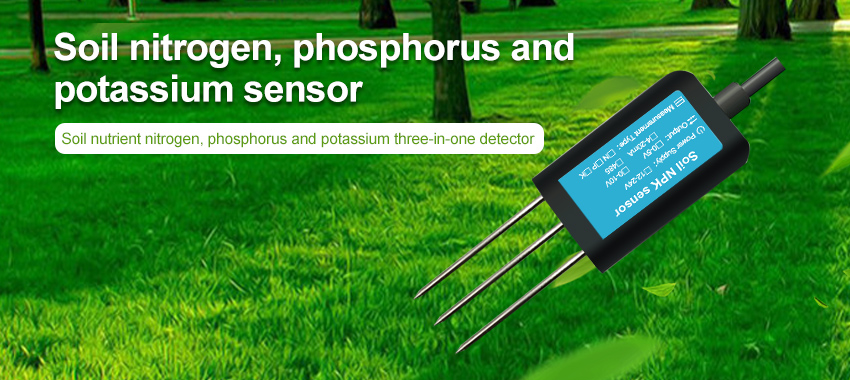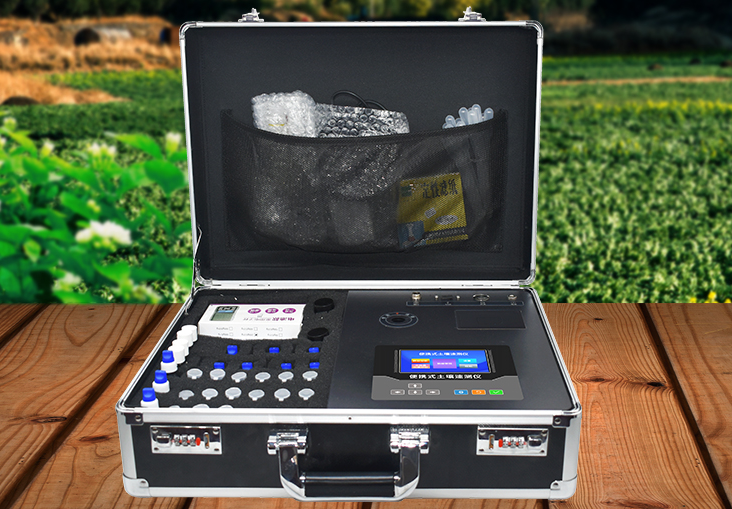soil nutrient content sensor
Over the last few decades, soil nutrient content sensors have become a crucial tool in the field of agriculture. These sensors, which are able to monitor the soil’s nutrient levels in real-time, have revolutionized crop growth and nutrition.

Soil nutrient content sensors are a type of soil testing equipment that is used to monitor soil fertility levels and to determine the levels of various nutrients such as nitrogen, phosphorus,, and others. With the rise of precision agriculture, which emphasizes on high-value products and optimized farming practices, soil nutrient content sensors have become increasingly important.
The effects of soil nutrient content sensor on crop growth.
Firstly, soil nutrient content sensors can help farmers monitor the nutrients in the soil and ensure that the crops are receiving the correct amount of nutrients. If the soil nutrients are low, the sensor can alert farmers to add fertilizers or other nutrients to the soil. This can ensure that the crops are receiving the necessary amount of nutrients to support their growth.
Secondly, soil nutrient content sensor can provide valuable data about the growth status of the crops. If a crop shows slow growth, or has an unknown illness, soil nutrient content sensor can be used to analyze the soil and provide feedback on the cause. This can help farmers identify the problem and take appropriate measures to address it.

Thirdly, soil nutrient content sensor can improve the efficiency of crop production. By analyzing the soil nutrients and providing feedback on the growth status of the crops, farmers can make informed decisions about how to allocate resources and improve the efficiency of their crop production. This can result in higher crop yields and increased profits for farmers.
Fourthly, soil nutrient content sensor can reduce the environmental impact of agriculture. The use of soil nutrient content sensor can reduce the use of fertilizers and other chemicals, which can reduce the environmental burden of agriculture. This can be a significant environmental benefit, especially in developing countries where soil pollution is a significant problem.
Finally, soil nutrient content sensor can be used in combination with other technologies to improve the accuracy of crop production and yield. For example, sensors can be used to measure the water content of the soil, which can help farmers adjust the irrigation water flow based on the soil’s conditions. This can ensure that the crop receives the necessary water to support their growth.
In conclusion, soil nutrient content sensor has a significant impact on crop growth and production. By monitoring the soil nutrients and providing feedback on the growth status of the crops, farmers can identify problems and take appropriate measures to address them. This can improve crop yields and profits, reduce the environmental burden of agriculture, and be used in combination with other technologies to improve the accuracy of crop production and yield.